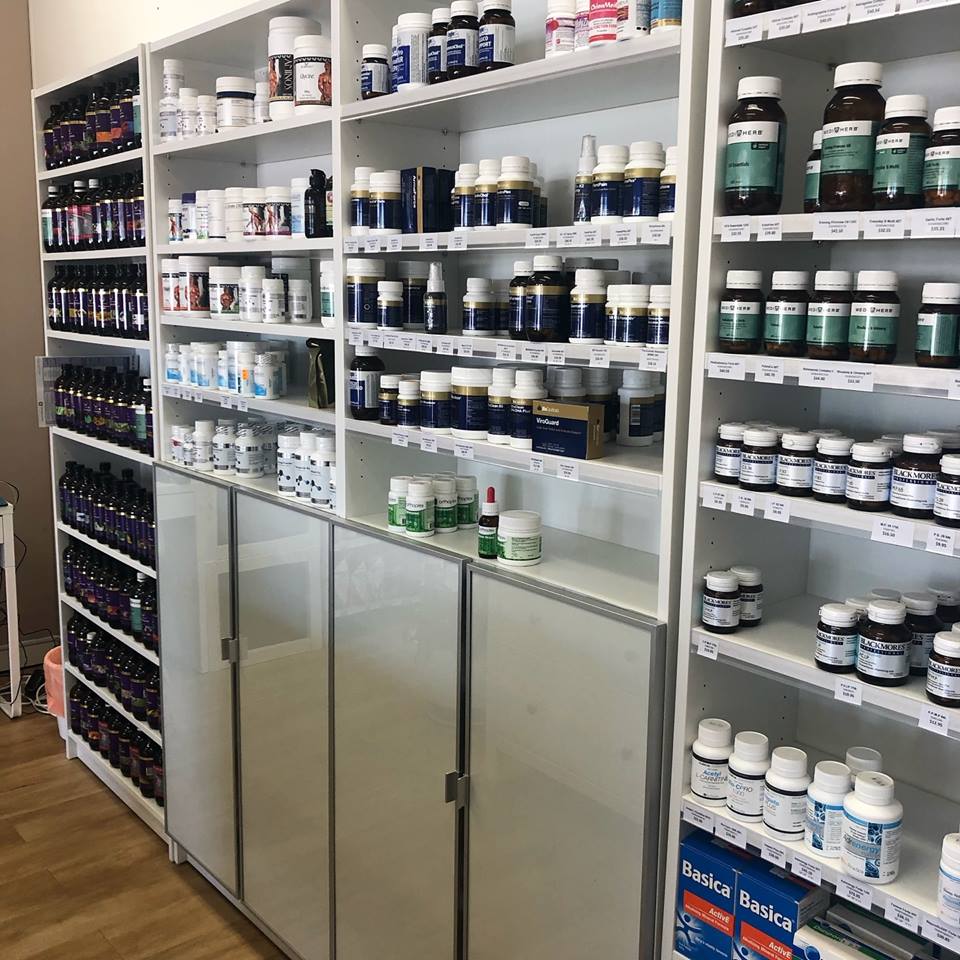Naturopathic practitioner prescribed supplements vs. chemist/supermarket off the shelf supplements.16/2/2019 1. Practitioner only means that the supplements or herbs can only be prescribed by a qualified naturopath who has spent 4 years studying and are part of an association. This means that they have the knowledge to prescribe the best suited supplement/herb for you and your particular needs. 2. Naturopathic supplements tend to be at a therapeutic dose, which means it is generally higher in concentration and have been proven to exert clinical benefits. 3. Just because things are natural doesn’t mean they are safe to use for everyone. Some herbs and nutrients can have a negative interaction with some medications, so it is import to have proper and safe advice associated. 4. Many vitamins, minerals and even herbs are found in different forms. These forms may have different qualities and some might be easier to absorb than others. For example with magnesium, one form is great for the nervous system and another the other is used as a colon cleaner, two very different results. Without knowledge in the area, you may not know which one if best for you and your condition. Companies may choose a form that is not absorbed well in the body because it is cheaper to manufacture and thus cheaper for you. So you might be taking something and feeling no result because you aren’t actually absorbing it (money down the drain). 5. Off the counter supplements tend to have more excipients, bulking agents and/or preservatives. Which for those with sensitivities or allergies, it can be difficult to pick which ones you won’t react to. 6. Supplements aren’t designed for long term use, they are to support you for the short term until the cause can be found and resolved. Without a naturopathic treatment plan you may be taking unnecessary supplements for too long, causing more harm than good. Don’t waste your money on 'cheaper' supermarket supplements; get proper advice to be safe and effective! You can make an appointment with one of our lovely Naturopaths if you are feeling like you need some support from supplements, we offer short consultations for minor issues such as a cold. *Please note that if you have seen another Naturopath (outside of the clinic) we need to see the prescription from them to be able to sell you over the counter supplements and herbs.
2 Comments
This week is “Smart Eating Week”! So, what does “smart eating” look like? In this day and age of media saturation with fad diets and fitness gurus, it can be hard to know. Let’s start with the basics…
1. Protein Protein is required for muscle growth and repair, neurotransmitter production (think “healthy mood”), and a wide range of other important functions within the body. Getting adequate amounts of protein everyday – preferably with every meal or snack – is important to balance blood glucose, ensure stable energy levels throughout the day, and prevent sugar cravings. Sources of protein include eggs, meat and poultry, fish, yoghurt (always choose full fat, natural varieties), nuts and seeds. 2. Healthy Fats Sources of healthy fats include coconut and olive products, avocadoes, nuts and seeds, and butter (yes, butter!) and other full fat dairy products, if you can tolerate them. Fats form the outer layer of every single cell in our bodies, so you can imagine how important it is to include them in our diets, right? Plus, they’re a major component of our brains, and are used in the production of hormones. Add a small handful of nuts or seeds to your morning porridge or put them in your smoothie, add some olives to your lunchtime salad, roast your veggies in a little butter or olive oil. 3. Carbohydrates Now, when I say “carbohydrates”, I don’t mean processed carbohydrates like pasta, bread and cereals. I mean vegetables, fruits, legumes and small amounts of whole grains. Carbohydrates are a great source of energy, and the fibre in wholefood carbohydrate sources promotes good digestive function. Try adding some more veggies into your daily routine in order to increase your fibre intake eg. add a handful of spinach leaves to your morning smoothie or omelette, had a side salad with your lunch, add an extra serve or 2 of veggies to your dinner. 4. Water I know us Nutritionists always bang on about how important water is, but it really is! Without adequate amounts of water, your energy dips, you’re more likely to get headaches and muscle pain, your digestion slows down, and you end up feeling rubbish. If you don’t like the taste of water, try adding a squeeze of citrus juice, some berries or a few mint leaves. Or drink herbal teas. Aim for at least 2L of water per day. 5. What to Limit Refined sugar, alcohol, caffeine and fried foods are high on the list of “what to limit”. They rob the body of essential nutrients, including B vitamins and water, add to inflammation and acidity in the body, and can leave you feeling less than awesome. Here are a few things to try in order to limit the amount of these foods that you consume:
Got any questions, or would like some further information on how to eat more healthily? Book in to see one of our qualified Nutritionists or Naturopaths, now available 6 days per week! Written by Suzanne Sparrow AdvDip (Nut), AdvDip (Nat) |
Archives
February 2024
Categories
All
|

 RSS Feed
RSS Feed